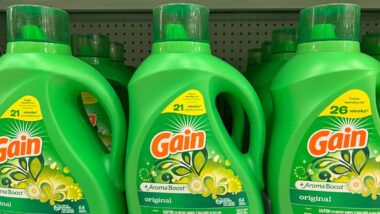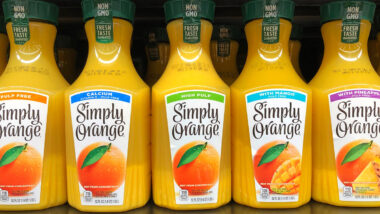
The plaintiff, Latoya F., alleges in her Comenity robocall lawsuit that the company placed these calls over an alleged “consumer debt,” but the plaintiff did not owe such a debt.
Despite this, Latoya claims, she received an extraordinary number of phone calls per day—sometimes up to six—showing that the company “intentionally harassed and abused” her in an attempt to frighten or annoy her into paying this nonexistent debt.
According to the Comenity robocall lawsuit, these persistent phone calls were made with an automated telephone dialing system (ATDS) and placed by a prerecorded voice rather than an employee.
The Comenity robocall lawsuit alleges that the calls begin around July 2015, seeking to recover a debt that she allegedly owed. The calls were the same, but came from a variety of different telephone numbers.
Eventually, as these calls continued, Latoya became so frustrated that she stayed on the line during one call to inform a live agent or representative that the calls qualified as harassment.
At this time, Latoya claims, she demanded that Comenity cease and desist this campaign of robocalling. Though the plaintiff never gave Comenity her number or her prior express consent for these calls, this demand revoked any such prior express consent she may have unknowingly given.
However, the phone calls continued without her express permission. Finally, in August 2015, the plaintiff once again demanded that Comenity stop placing these calls.
In total, Latoya received over three hundred calls from the defendant, the Comenity robocall lawsuit claims, each one either negligently or willfully violating the TCPA.
TCPA Basics
The Telephone Consumer Protection Act, or TCPA, was introduced in 1991. The Telephone Consumer Protection Act was intended to protect consumers from unwanted solicitation through technology.
The Telephone Consumer Protection Act has always focused on the placement of unwanted robocalls, or the use of an auto dialer or pre-recorded messaging system to contact consumers who have not given their explicit permission to receive such calls.
However, as new technology such as cell phones has emerged, the TCPA has further expanded to include SMS text messaging as well as traditional robocalls.
Reporting TCPA Violations
Reporting TCPA violations or filing a lawsuit over unwanted robocalls like this Comenity robocall lawsuit can help force companies to comply with TCPA rules. Reports of such violations may also reward consumers with a set amount of award money per individual violation.
According to the Federal Communications Commission, or FCC, reports of TCPA violations are extremely common. The FCC received more than 215,000 individual TCPA complaints in 2014 alone.
If you have received robocalls from a company such as Comenity without having given prior express permission, you may be able to report these violations and receive compensation per violation.
A company that makes robocalls in willful or knowing violation of the TCPA may be subject to higher fees.
For instance, a call simply violating the TCPA can entitle the plaintiff to $500, but a violation made in willful or knowing violation of the TCPA can increase that award to up to $1,500, or triple the original award.
In order for your TCPA lawsuit to be most effective, you will need proof of these violations. Keep messages and phone records of the robocalls placed to your phone.
The Comenity Robocall Lawsuit is Case No. 1:16-cv-25361, in the U.S. District Court for the Miami Division of the Southern District of Florida.
Join a Free TCPA Class Action Lawsuit Investigation
If you were contacted on your cell phone by a company via an unsolicited text message (text spam) or prerecorded voice message (robocall), you may be eligible for compensation under the Telephone Consumer Protection Act.
ATTORNEY ADVERTISING
Top Class Actions is a Proud Member of the American Bar Association
LEGAL INFORMATION IS NOT LEGAL ADVICE
Top Class Actions Legal Statement
©2008 – 2024 Top Class Actions® LLC
Various Trademarks held by their respective owners
This website is not intended for viewing or usage by European Union citizens.














